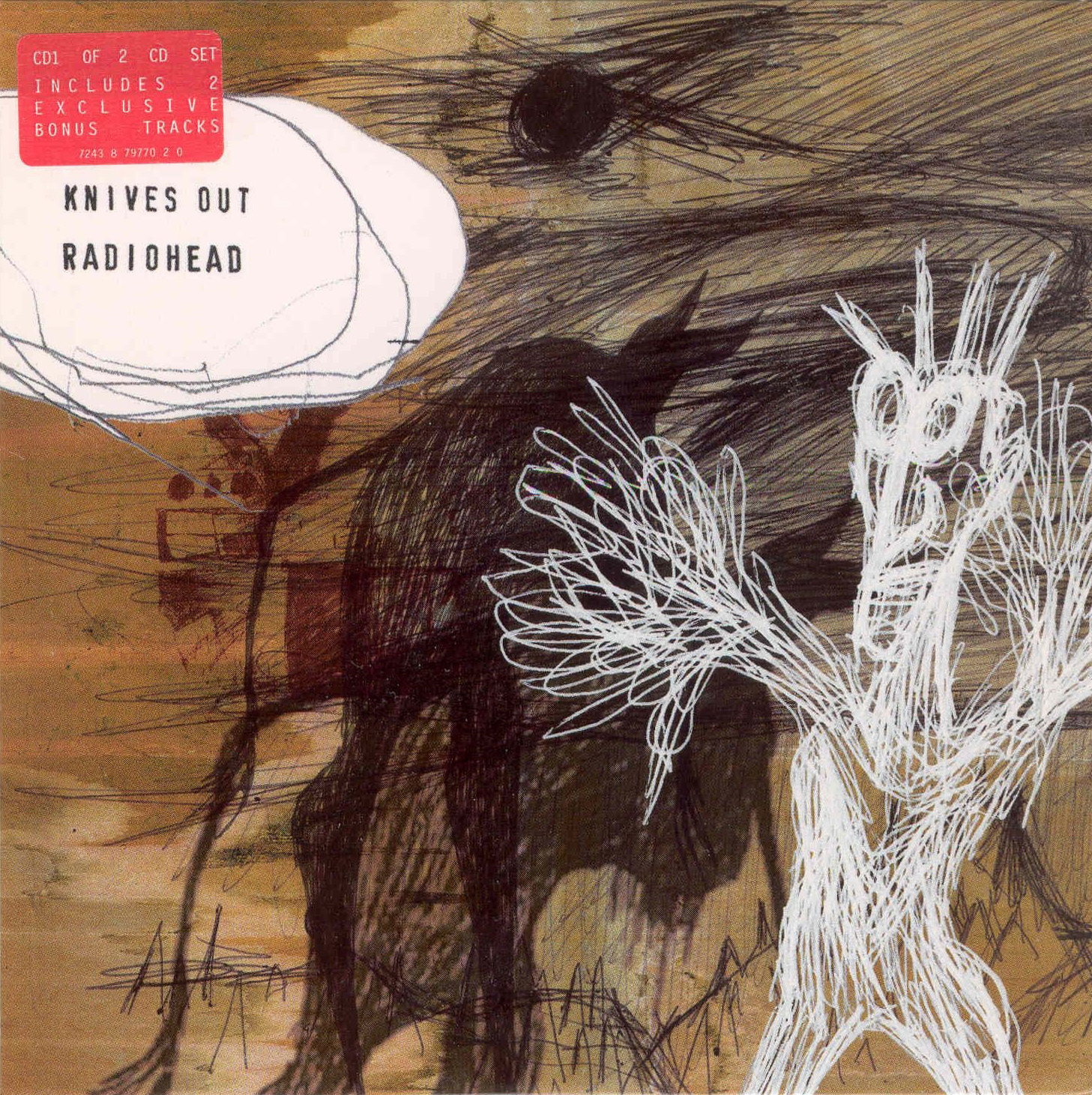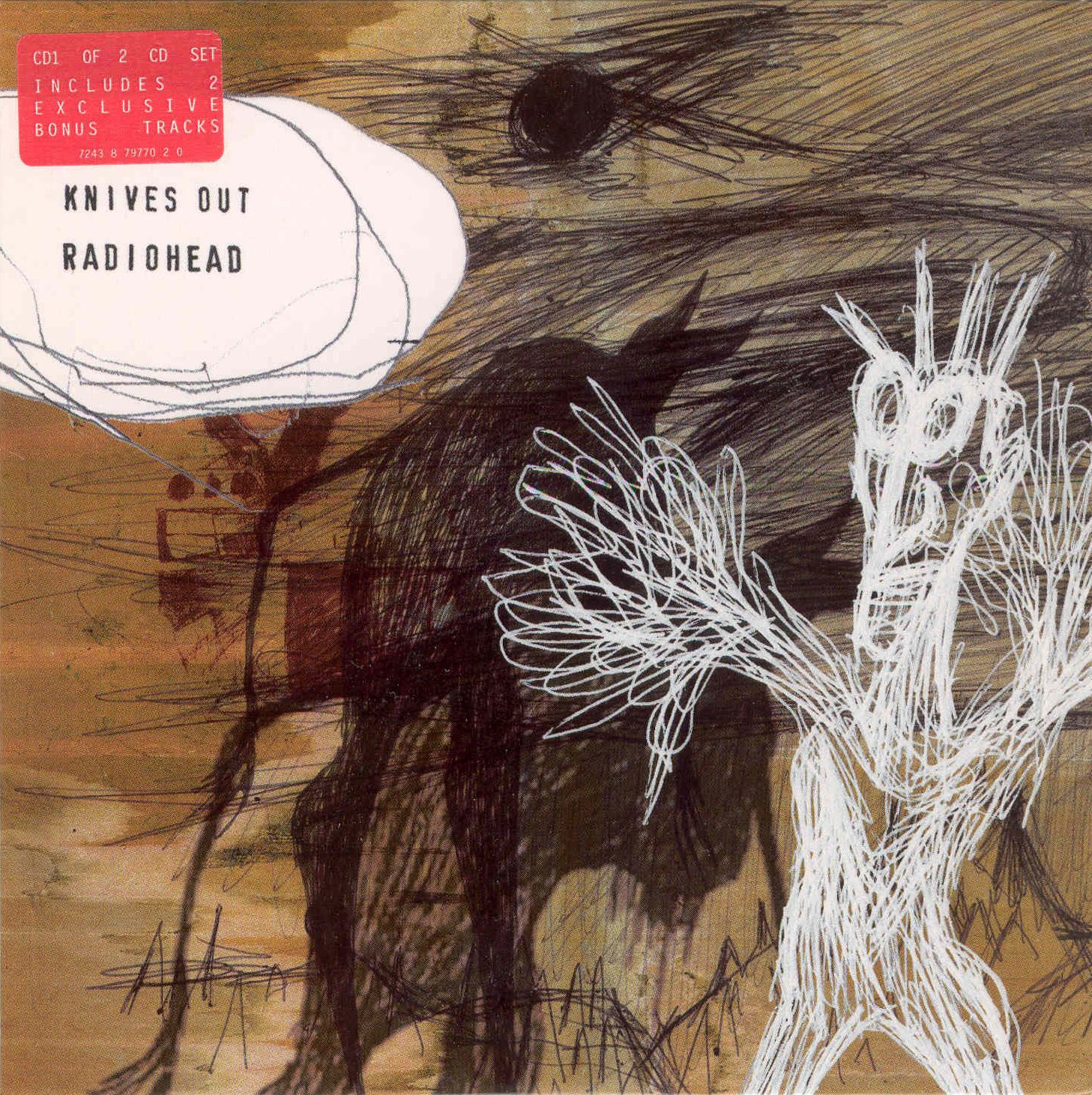WORRYWORT
You don’t really talk to me
You don’t really say your words
You’re trying to get off the hook
You’re trying to get off the hook
Sprawling on a pin
Hanging off the hook
You’re trying to get yourself away
You’re trying to get yourself away
There’s no use dwelling on
On what might have been
Just think of all the fun
You could be having
We know the way you talk
We know what you want
We know what you want
What you really want
Take a look around
There’s candles on the cake
On what might have been
The road you should have took
Mistakes mistaken
There’s no use dwelling on
No use dwelling on
It’s such a beautiful day
It’s such a beautiful day
Find yourself in doldrums
Go and get some rest
It’s such a beautiful day
It’s such a beautiful day
Go up to the mic
Go up to the mic
Go and get some rest

